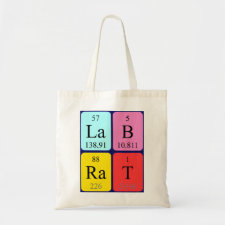
Authors: Wei ST, Mizaikoff B
Article Title: Recent advances on noncovalent molecular imprints for affinity separations.
Publication date: 2007
Journal: Journal of Separation Science
Volume: 30
Issue: (11)
Page numbers: 1794-1805.
DOI: 10.1002/jssc.200700166
Abstract: Molecularly imprinted polymers (MIPs) are tailor-made synthetic materials capable of selectively rebinding a target analyte, or a group of structurally related compounds based on a combination of recognition mechanisms including size, shape, and functionality. Among the advantageous properties of MIPs are the achievable specific affinity, the relative ease of preparation, and their mechanical and chemical robustness, which renders them ideal materials for applications as stationary phase (e. g., affinity chromatography or SPE), or as antibody mimics (e. g., biomimetic assays). Here, we review recent advancements on the application of MIPs in affinity separations and biomimetic assays, which have focused on the synthesis of size- and shape-uniform particles facilitating reproducibility, improved binding site accessibility, and enhanced affinity. While MIPs certainly offer promising potential as selective separation phase in a variety of applications, deeper understanding of the fundamental interactions governing imprinting, and rational understanding of the imprinting mechanism has yet to be achieved for providing rational guidelines in deliberately designing next-generation MIP materials
Template and target information: Review - MIPs in affinity separation
Author keywords: Biomimetic assays, molecular imprinting, preconcentration, separations, solid phase extraction



Join the Society for Molecular Imprinting

New items RSS feed
Sign-up for e-mail updates:
Choose between receiving an occasional newsletter or more frequent e-mail alerts.
Click here to go to the sign-up page.
Is your name elemental or peptidic? Enter your name and find out by clicking either of the buttons below!
Other products you may like:
 MIPdatabase
MIPdatabase









